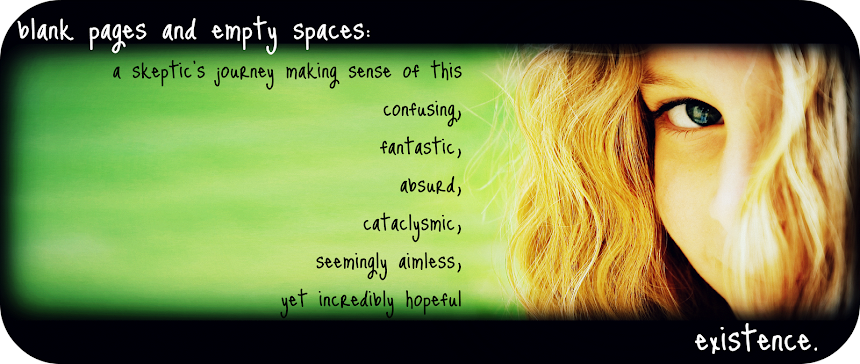John 3:16 in English
Ango-Saxon manuscript (995): God lufode middan-eard swa, dat he seade his an-cennedan sunu, dat nan ne forweorde de on hine gely ac habbe dat ece life.
Wycliffe (1380): for god loued so the world; that he gaf his oon bigetun sone, that eche man that bileueth in him perisch not: but haue euerlastynge liif.
Tyndale (1534): For God so loveth the worlde, that he hath geven his only sonne, that none that beleve in him, shuld perisshe: but shuld have everlastinge lyfe.
Geneva (1557): For God so loueth the world, that he hath geuen his only begotten Sonne: that none that beleue in him, should peryshe, but haue euerlasing lyfe.
KJV (1611): For God so loued the world, that he gaue his only begotten sonne: that whosoeuer beleeueth in him, should not perish, but haue euerlasting life.
KJV (1769): For God so loved the world, that he gave his only begotten Son, that whosoever believeth in him should not perish, but have everlasting life.
Lesson for the day: languages change. English is no exception. As you can see, English in 995 is hardly recognizable to us in 2010. And English will continue to change, for better or worse. English is not the "language of God", and the KJV is not superior. It is good that the Bible has been translated to many languages so that cultures throughout the world can read and understand the God that created the universe. English used to be one of these languages.
William Tyndale was burned at the stake by the Catholic Church for translating the Bible to English because back then it was thought that Latin was the "holy" language, the only language suitable to read Scriptures in. On top of this, English was a peasant language-one only spoken by poor and lowly townspeople. Think about how many translations of the Bible you have sitting on your shelf right now-how disposable our translations are today. How we take them for granted. The next time you deliberate by your bookshelf, deciding what translation to read, think about Tyndale and how he was willing to give his life simply to provide a Bible for peasant English people to read. Stop thinking about whether or not the KJV or NIV or ESV is the best version to read-and just be thankful that the Bible is in your hands, in your language.




No comments:
Post a Comment